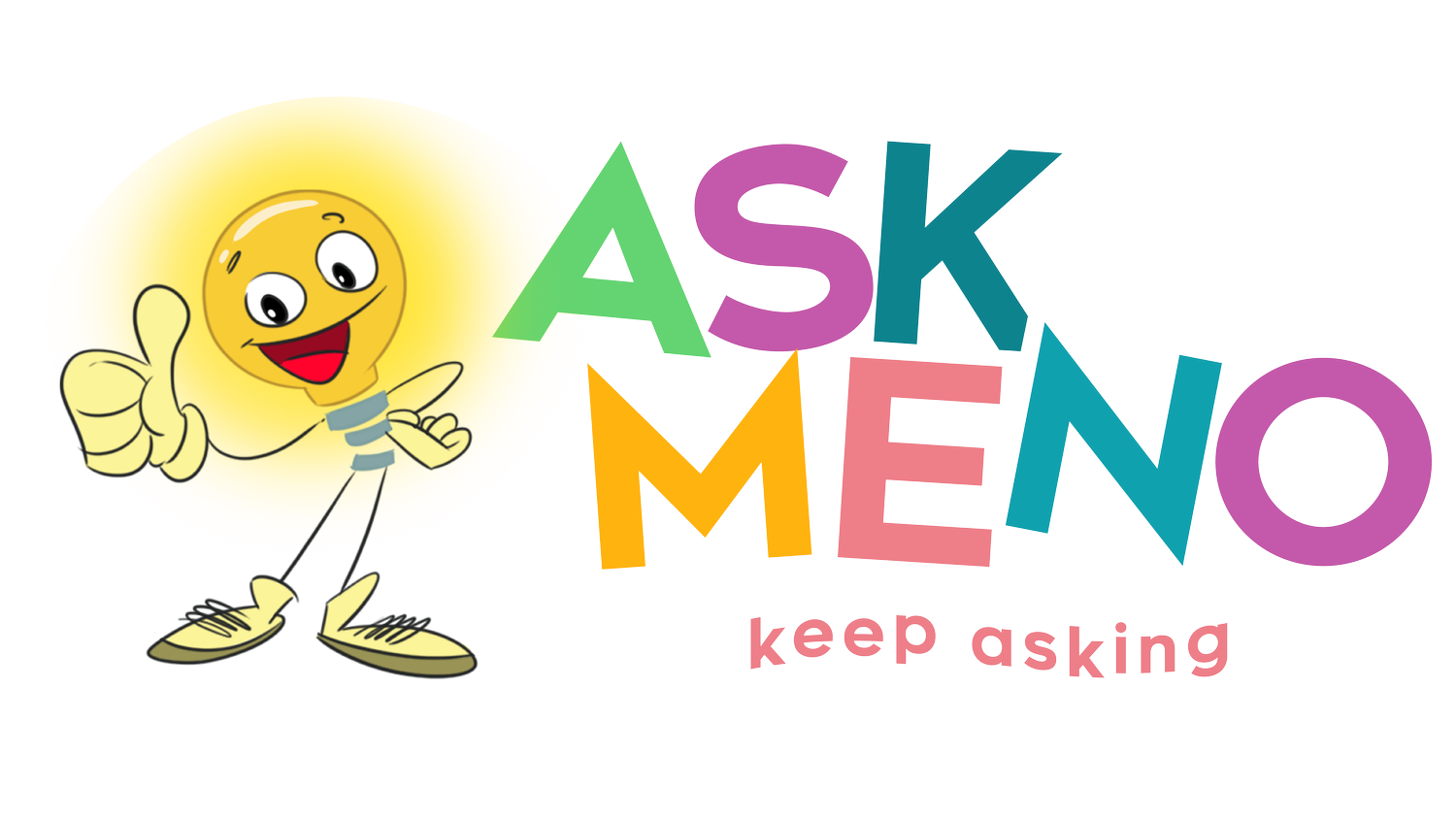A Giant Leap Toward Eliminating the Achievement Gap
In the 1960s up to the 80s, France did what seemed impossible and virtually eliminated the achievement gap starting in PreK. They were among the top educational forces on the planet according to international assessments.¹
What was the primary driver of this early education success? Dr. E. D. Hirsch, Jr. performed an analysis and found that it was France’s “knowledge-based curriculum.” He writes, “only a well-rounded, knowledge-specific curriculum can impart needed knowledge to all children and overcome inequality of opportunity.”² In his studies, he became convinced that the aim of early schooling should be to build communal knowledge, which is what Science of Reading models today call background knowledge.
In the late 80s, France took a major turn, shifting away from its knowledge-based curriculum to a "skills-based" one and saw dramatically negative effects on achievement.¹ In 2012, the UK saw similar declines when it shifted its curriculum to focus on systematic phonics-skills-based instruction without an equal emphasis on language comprehension like background knowledge instruction.³
Although there is a groundswell of consensus about the benefits of a content-rich literacy approach, there is a lag in the implementation of this approach across the US. In Reading Reform’s "Survey of State Legislation," the authors note that, “Despite tracking references to background knowledge systematically, we find an almost complete omission of this term in the legislation.”⁴
The National Council on Teacher Quality (NCTQ) discovered a related problem:
97% of NCTQ-surveyed higher education institutions do not require aspiring teachers to complete courses in science or social studies that cover the background-knowledge topics an early learning teacher needs to know. Pre-service institutions are leaving the early ed teacher unprepared to effectively teach the background knowledge needed. (Read about it here)
The obvious conclusion doesn’t seem to be an either/or but a both/and:
💡Implement explicit, systematic phonics and language comprehension embedded across content knowledge instruction.
And it doesn’t have to be one core curriculum that does it all. In fact, Dr. Holly Lane suggests that a better approach is to combine supplemental curriculums. (Read about it here)
—--
Sources:
¹ https://www.schoolperformanceinstitute.org/blog/2019/12/16/getting-better-vive-la-france
² https://hep.gse.harvard.edu/9781612509525/why-knowledge-matters/
About AskMeno
AskMeno is dedicated to helping early-childhood leaders build the foundational oral language and social skills necessary for their young scholars’ reading comprehension and emotional wellbeing. AskMeno provides a play-based, teacher-facilitated supplemental curriculum that systematically and explicitly develops oral language and social skills through scaffolded, fun, and engaging learning activities.






